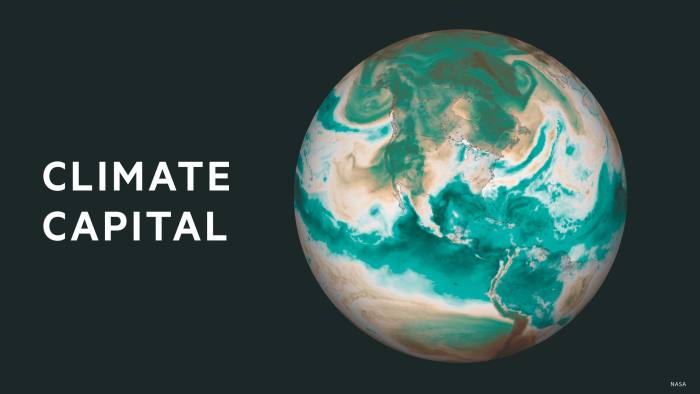About 170 countries have entered into tense negotiations over how to reduce plastic pollution a week after United Nations talks in Paris amid a frenzy from industry pressure.
Negotiators agreed to develop a first draft of a treaty to reduce plastic pollution, but divisions remain over issues such as whether the rules will be legally binding and whether they will limit petrochemical companies’ production of new plastics.
A group of 130 countries, including Mexico, Canada, New Zealand and most of Europe, want binding rules. But fossil fuel producing nations such as the United States, Russia and China want a less ambitious voluntary system in which countries are free to create their own frameworks.
Capping new production would be a blow to the petrochemical industry, which is growing increasingly dependent on rising demand for plastics in emerging economies as the world moves away from fossil fuels.
A coalition of companies backed the tougher approach, including some of the world’s largest consumer groups such as Unilever, Nestlé and PepsiCo, as well as retailers and packaging makers. In the talks, they campaigned for uniform rules to address the full life cycle of plastics, including reducing production, reusing and recycling, and phasing out harmful chemicals.
A legally binding agreement with harmonized rules is critical, said Judy Rossell, Nestle’s senior public affairs manager for packaging and sustainability. “Companies realize that the ambitious goals and aspirations of ending plastic pollution in a treaty have little value in and of themselves,” she said on Saturday.
Anke Boykin, senior director of global environmental policy at PepsiCo, said the binding treaty was required to provide “regulatory predictability.”
But Emma Priestland of Break Free From Plastic said: “We understand companies need harmonized rules and this is where they’re best positioned, but we don’t see them making a huge change to their business models right now.”
Coca-Cola, PepsiCo, Nestlé, Mondelēz and Unilever are the companies that produce the most plastic pollution, according to the nonprofit organization Break Free from Plastic.
Industry representatives pressed hard in the Paris negotiations © REUTERS
The American Chemistry Council (ACC), an industry body representing the petrochemical sector, has argued for solutions that do not require production cuts, such as waste management and recycling.
The ACC advocated for technological solutions such as chemical recycling, and stressed the need for continued use of plastics in aerospace, transportation, and medical applications.
“We’ve heard a lot of talk this week about capping production but we’ve also heard a lot of talk from governments about the role of plastics in meeting society’s goals,” said Stew Harris, senior director of global plastics policy at the ACC.
Activists have warned that pressure from the petrochemical industry could lead to a watered-down treaty.
“The overarching risk is that this treaty becomes a waste management treaty,” said Graham Forbes of Greenpeace USA.
Negotiations on the substance of the treaty did not begin until the third day of the Paris session, after Saudi Arabia, Russia and China objected to agreeing to the treaty by a majority vote, not unanimously. Consensus means that countries can veto its adoption.
The first draft of the treaty is due to be prepared by November, and the countries will have until the end of next year to settle the final terms.
climate capital

Where climate change meets business, markets and politics. Find out about the Financial Times’ coverage here.
Curious about the Financial Times’ environmental sustainability commitments? Find out more about our science-based goals here

